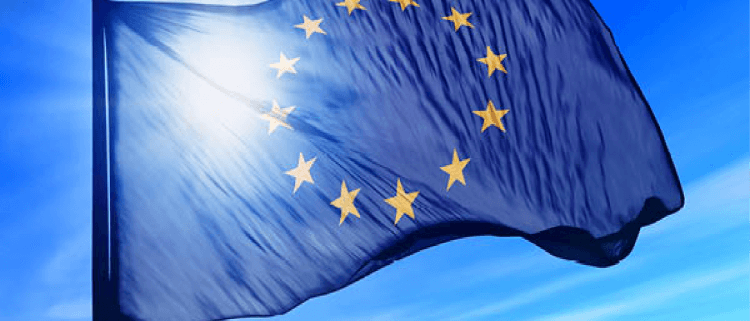More than ever, Europe is what we need now.
On the eve of Europe Day, we reflect on how the crisis shows that a united Europe is the best tool we have to face global challenges. This is the time to realize that there is a European supranational interest to be pursued, above and beyond national sensitivities. In the interest of our generation and future ones.
Tomorrow, May 9th, we celebrate Europe Day – we remember the speech of Robert Schuman, given on this day 70 years ago, who for the first time called European countries to pool their sovereignty. To mark this anniversary, European institutions had planned to launch the Conference on the future of Europe, an exercise aiming at discussing (with the contribution of civil society) how to reinvigorate the European Union, its institutions and action.
As Europe slowly emerges from the health emergency and re-opens, let us reflect about what has been the added value of Europe during the crisis. Without the single market, it would have been even more complicated for EU countries to have access to strategic goods (including foodstuff). Thanks to the intra-State solidarity, hundreds of Covid patients could be transferred from heavily impacted areas of Europe, releasing pressure on health systems. Thanks to the EU, thousands of EU citizens abroad have been able to return to their homes. And as the first economic forecasts show, only an ambitious recovery plan coordinated by Europe can cushion the effects of an otherwise insurmountable recession.
As for every other major global challenge, the coronavirus crisis shows the importance of being part of a united political project, with common rules and a common vision. A framework that reflects the reality of our interconnectedness and helps our economies and societies to take the most of it in a global context. European integration has advanced by including ever new policy domains within the “community” competence and identifying new institutional settings. Now, a reflection will impose about whether, also in the light of the reaction capacity demonstrated in this crisis, our Union will have to evolve. A wide debate about this will be necessary, and as a European social partner organization, we are ready to take part in it.
But what can be stressed today now, is that we must all look at our common European house as the only context for our societies to continue thriving. We must expect from our national governments to operate bearing in mind that our individual countries cannot prosper when the others can’t. That their approach to Europe must be more than ever based on solidarity and mutual understanding, putting aside short-term national interests and any vision based solely on domestically oriented sensitivities. The capacity of Europe to deliver in these times is a major responsibility that all its actors must embrace. In the interest of its citizens, including those of the future generations.




